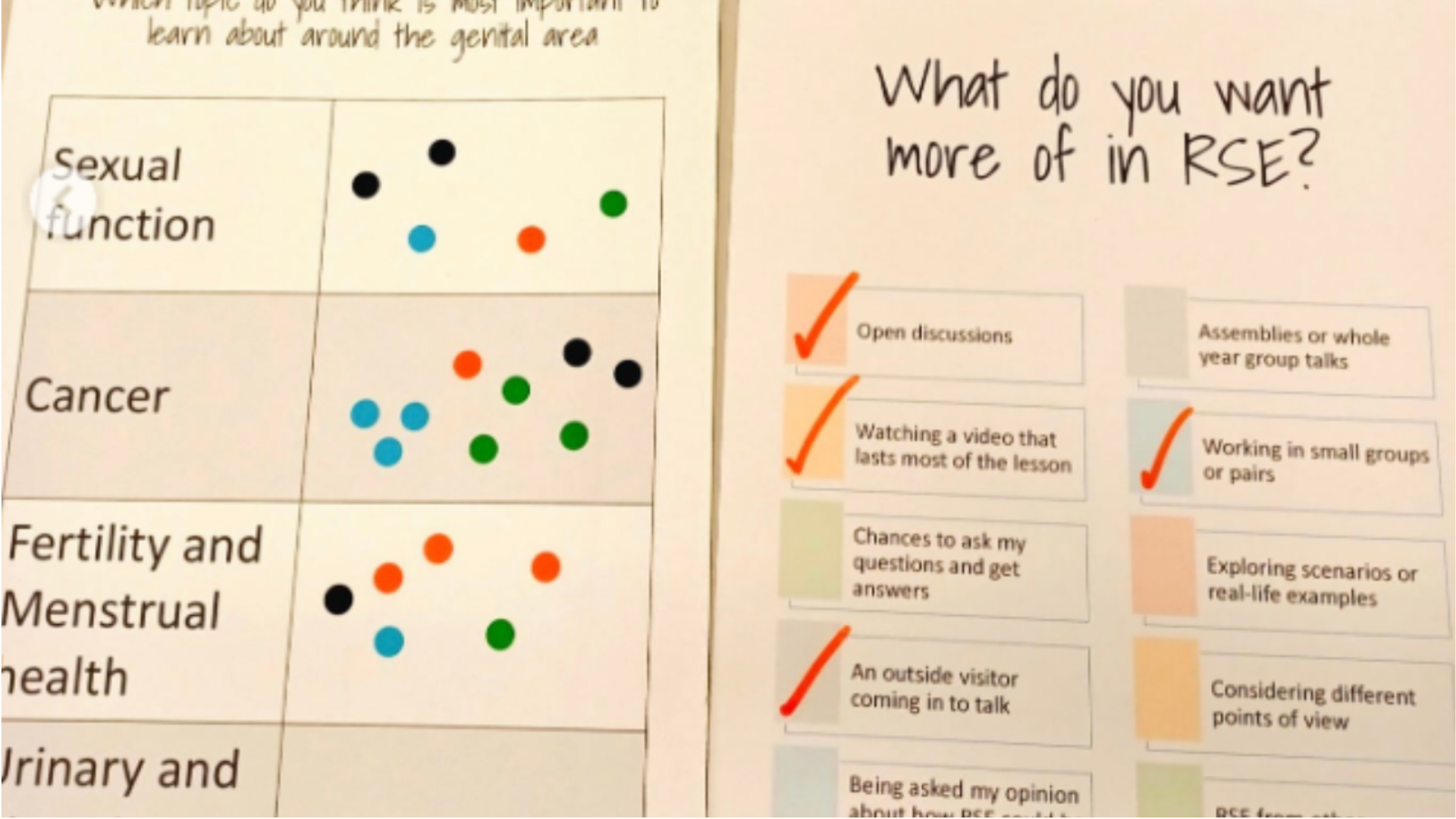St Vitalis of Assisi is a lesser-known saint in the Christian tradition. He is often associated with those who are physically suffering, especially in relation to problems with the genitals.
Saints’ days do not form a core part of many Christians’ lives and, with over 10,000 saints (depending on who is counting), it may seem strange for a relationships and sex education charity to write a blog about one!
But the tradition of Saints’ days points to a deeper aspect of faith that connects faith with the full spectrum of human existence.
Even the bits we may sometimes be a bit squeamish about!
As a young man in the 14th century, Vitalis was a famous leader of bandits who terrorized the Spoleto valley. But after his conversion to Christianity, Vitalis left his homeland to embark on a pilgrimage to the sanctuaries across Europe.
When Vitalis returned home, he became a monk and he was assigned a hermitage called Santa Maria di Viole and he remained there for 20 years until his death on May 31st, 1370.
After his death, he became associated with those physically suffering, specifically focused on problems with the genitals and the bladder. This could be anything from UTIs, cancers and STIs.
Stigma around pelvic health, including STIs like HIV, is a global problem.
It delays both testing and treatment and this can lead to physical suffering and even death.
In the minority world, where medicine is largely available, many Christians can spend their whole life keeping the spiritual and physical wellbeing separate. Yet the Christian tradition of Saints like Vitalis of Assisi can serve as a prompt for us to consider afresh how the body and soul are intertwined and need to be cared for.
Unashamedly, talking about bodily functions (and dysfunctions) is one way we can all contribute to tackling stigma in these issues and helping our neighbours.

In a recent focus group, acet UK staff were discussing with 16 and 17-year-olds what they think they needed to know about pelvic health as they transition into becoming adults.
We found that, whilst they had some interest and confidence to talk about STIs and cancer, they seemed distinctly and specifically embarrassed to discuss issues of continence.
Yet the rates of urinary incontinence amongst women in their early 20s is 1 in 20 (rising to 1 in 3 at 35 years)1.
Some issues of physical health remain firmly in the squeamish category despite how common they may be. Yet, there is a Saint for the topic.
Figures like St Vitalis are an interesting reminder of the way the historic Christian tradition connects a saint to almost every facet of human existence.
The challenge for modern Christians is to consider if we are neglecting some parts of the human experience because they are about bodily functions that we are wary of discussing.
acet UK has a long tradition of unashamedly working to meet the needs of people free from stigma and shame. Sometimes this means talking about how the body works, even the bits we feel least comfortable discussing.
If you would like to learn more about how you can grow in confidence to talk about genitals, STIs and more please have a look at our upcoming training.
References:
